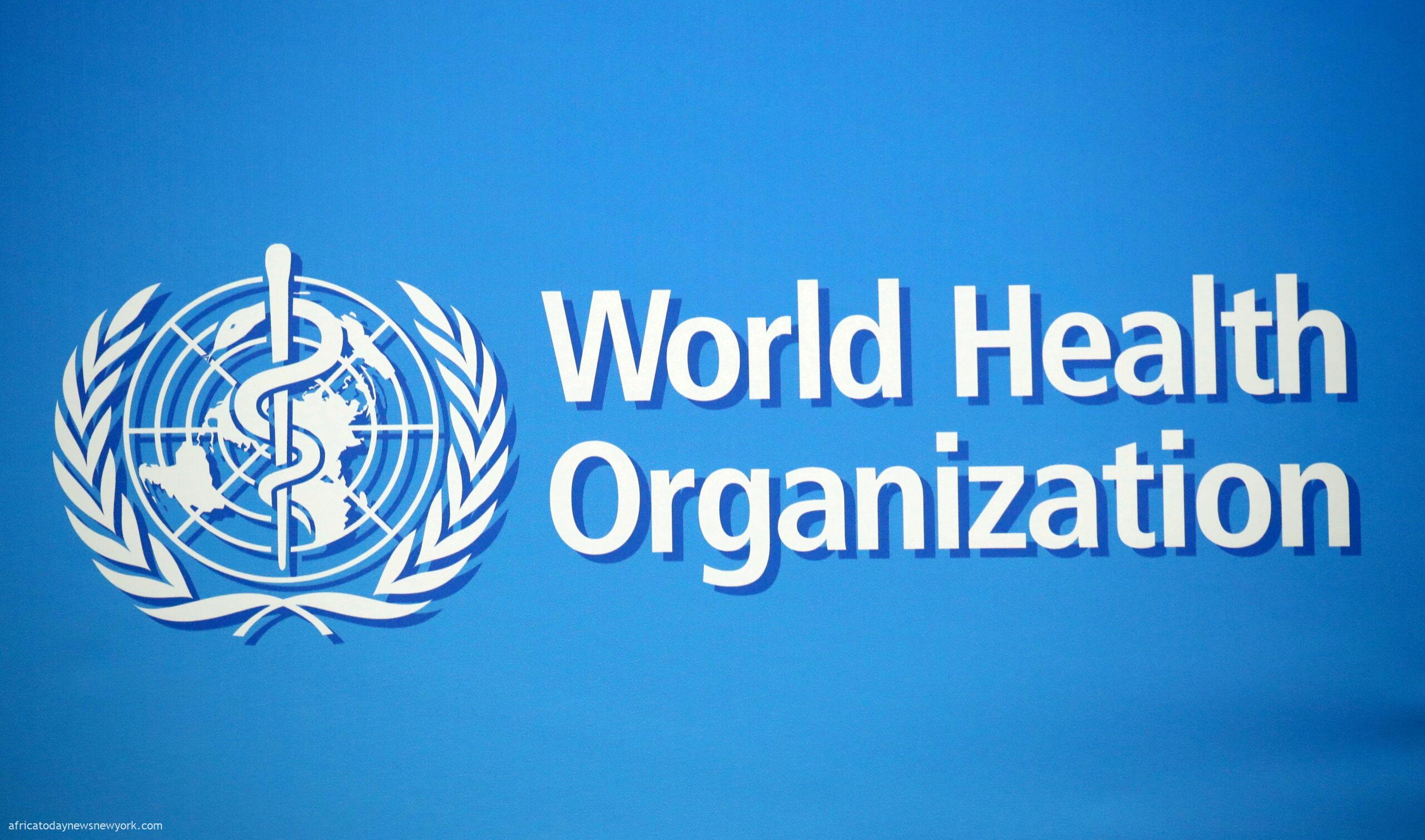The World Health Organization (WHO) cautioned on Friday that without urgent actions to alleviate its burden, antimicrobial resistance could result in 10 million deaths by 2050.
The WHO voiced concern about the escalating use of antimicrobial medicines, noting a 30% increase in total global antibiotic consumption in humans, animals, and agriculture between 2000 and 2010.
It was stated that Antimicrobial Resistance (AMR) ranks among the top 10 global public health threats facing humanity.
At the seventh annual conference of the Association of Nigeria Health Journalists in collaboration with the World Health Organization in Nasarawa State, Dr. Laxmikant Chavan, the Technical Officer of AMR at the WHO Nigeria Office, made this statement.
Antimicrobial Resistance (AMR) denotes the capability of microorganisms such as bacteria, viruses, fungi, and parasites to evolve over time, rendering them unresponsive to medicines. This phenomenon makes infections more challenging to treat, elevating the risk of disease transmission, severe illness, and mortality.
Chavan said AMR leads to increased costs to deliver health care, especially in the cost of newer expensive antibiotics and other drugs, cost of additional investigations, and extra length of stay at the hospital, among others.
‘The cost of AMR to national economies and development is significant. Under a worst-case scenario, AMR could cause a reduction in Gross Domestic Product equal to that of the 2008 financial crisis.’
‘However, the economic impacts would be worse in lower-income countries and would likely last longer.’
Read also: WHO: 10.6M Deaths Annually Linked To Alcohol, Sugary Drinks
‘AMR is putting the gains of Millennium Development Goals at risk and endangers the achievement of the Sustainable Development Goals,’ he said.
The expert expressed worry over the increasing use of antimicrobial medicines.
He said the total global antibiotic consumption in humans, animals, and agriculture increased by 30 per cent between 2000 and 2010, from 50 billion standard units to 70 billion standard units.
Globally, and in Nigeria specifically, he pointed out that AMR is driven by factors such as the inappropriate use and overuse of antimicrobials, as well as challenges like insufficient access to clean water, sanitation, and hygiene.
Additionally, issues like inadequate infection and disease prevention and control, limited availability of quality, affordable medicines, vaccines, and diagnostics, along with a lack of awareness and enforcement of legislation, play a significant role.
‘In 2010, at least 63,200 tons of antibiotics were consumed by livestock, partly driven by growing country GDPs and an increased demand for animal food products,’ he disclosed.
Chavan encouraged the media to actively contribute to shaping public perception and enhancing awareness. He underscored the necessity for responsible reporting, especially in the context of Antimicrobial Resistance (AMR) issues.

